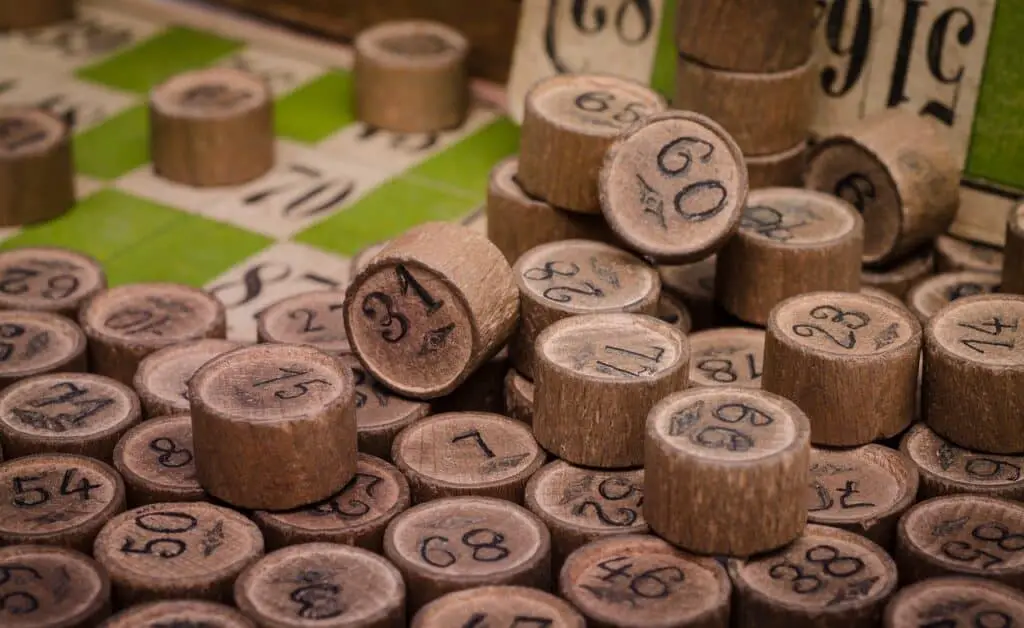For a very long time, lotteries have been a popular business as well as a source of entertainment in India. Various states have made it legal. However, others still don’t get the perks to enjoy the lotteries. In modern times, online lotteries are getting popular in India as people from other states c an participate. For example, you can play the Indian lottery at lottoland. As the list of participants is increasing, the chance of winning the lottery is decreasing. However, people are still buying lottery tickets and are hopeful that they will win!
Taking a slight swing on entertainment, the Indian government had other ideas. In July 2017, the goods and service tax GST became effective; therefore, the lottery business started facing losses. Before 2017 the 100% of the money would be received as the prize by the participant. But after the implication of GST, only 60% gets in the hands of the winner. The 300% increase in the tax really is a significant number. This has led lottery stores to shut their shops as it has become difficult to run the business after the imposition of heavy taxes.

Image Source: Pixabay
Why did SC apply GST on lotteries?
In India and around the world, lotteries are considered suitable for GST payment around the world. However, in July 2017, the supreme court decided that it is an ‘actionable claim’; hence its GST is needed to be paid. The court faced opposition from various companies which sell lottery tickets. They stated that holding lotteries, gambling and betting accountable for GST and leaving other activities unaccountable is biased. However, the decision is always in the hands of the parliament; therefore, they decided that it is only fair to charge taxes on lotteries.
The decision was taken considering the increase of illegal lotteries in different states, which eventually affects the tax collection as the money circulation is almost done illegally. Hence, the imposition of taxes on lotteries, gambling and betting has improved the collection of taxes which can ultimately be used in various developmental programs by the Indian government. The percentage of application of GST is divided into two main categories; lottery sold by the government and lottery authorized by the government. Each type collects a different amount of taxes accordingly.
How are taxes to be paid?
The amount paid and the payment by a particular entity are determined by the circumstances and the owner of the lotteries. The two main categories and how the GST is dealt with both of them are mentioned below.
- Lottery sold by the government: these lottery tickets are owned by the state government and sold to either sub-agents, distributors, or the general public. The distributor is required to pay the tax according to the reverse charge while the acquisition of tickets by the government. If the distributor has already paid the taxes, it is not required further by any entity involved in the selling or buying the lottery ticket to pay any tax. Additionally, sub-agents do not need to register themselves under the list of GSTS.
- Lottery authorized by the government: privately owned agencies sell lottery tickets; however, these are not illegal as the government approves them. The GST is applied along the chain of selling the ticket by each entity involved at the regular rate. Moreover, unlike state-owned lottery sub agents are required to register themselves under the list of GSTS.
Effects of GST on lottery business
It was noted that the business faced a loss when the government started charging GST on lotteries. Previously the business would make a revenue of Rs. 60,000 crores whereas now the revenue has dropped till Rs. 10,000-12,000 crores. These were the significant numbers. The loss was predicted by the big companies such as the Group CEO of Sugal & Damani opposed to parliament’s decision. However, they were not successful as the consensus was not in favour of these companies. Eventually, the buyers stopped buying tickets, and the revenue generated by the companies was affected largely. People started shifting to other illegal means of income. This led to shops and stores that used to sell lottery tickets being shut down, especially in Maharashtra and Punjab.
Thanks for reading.

